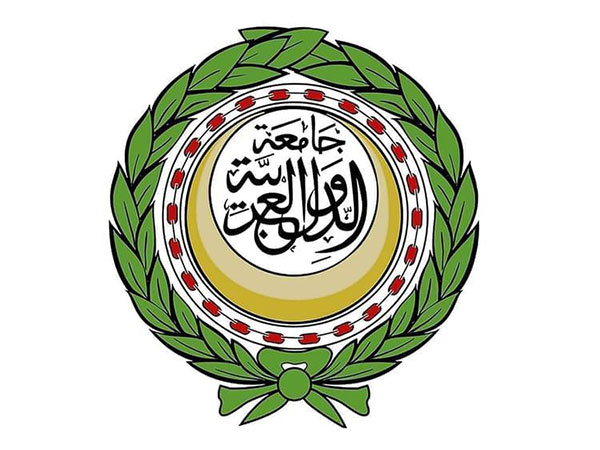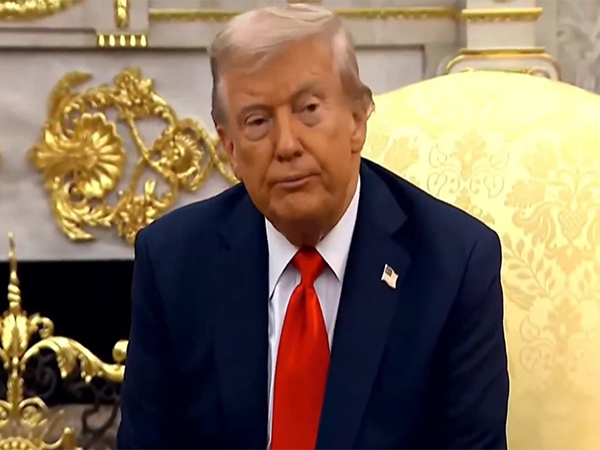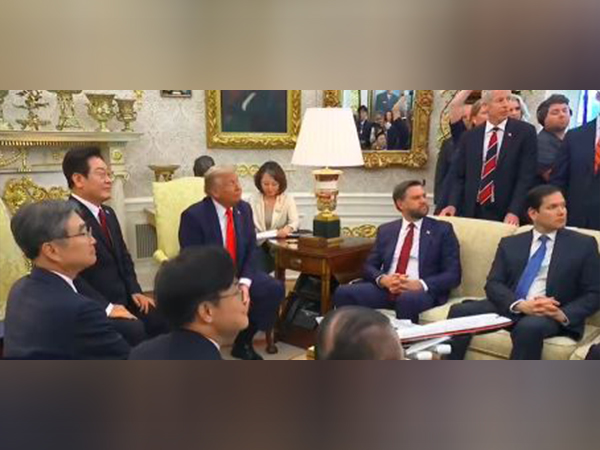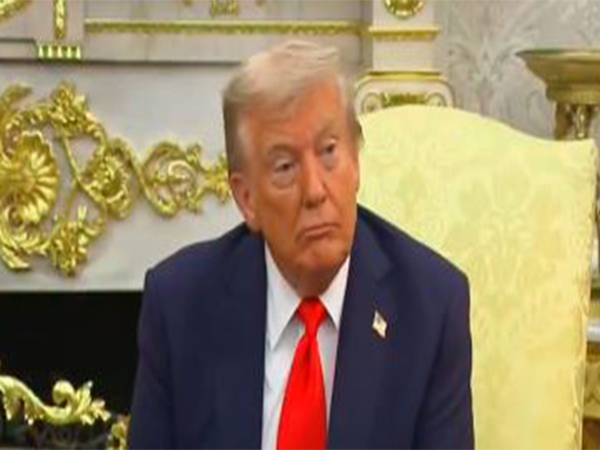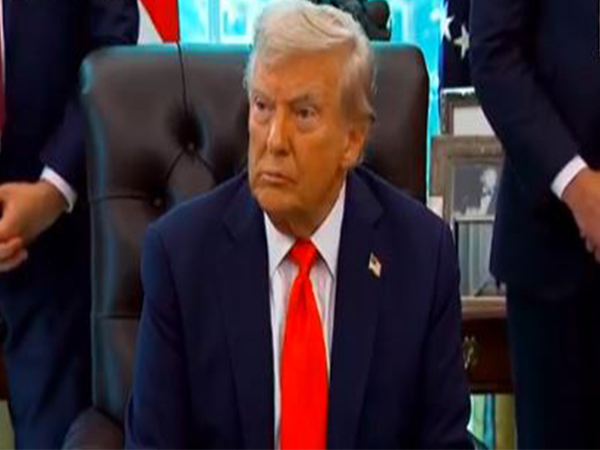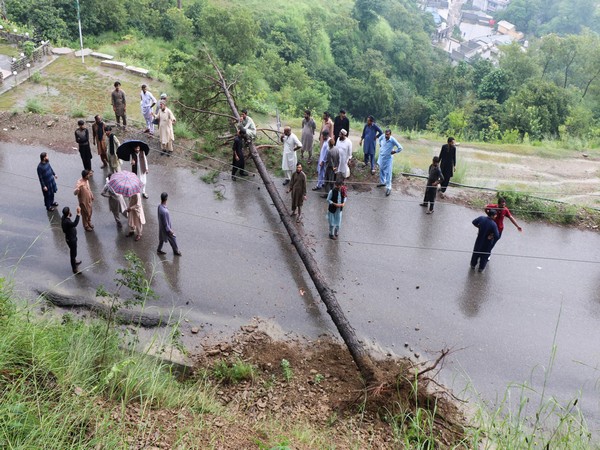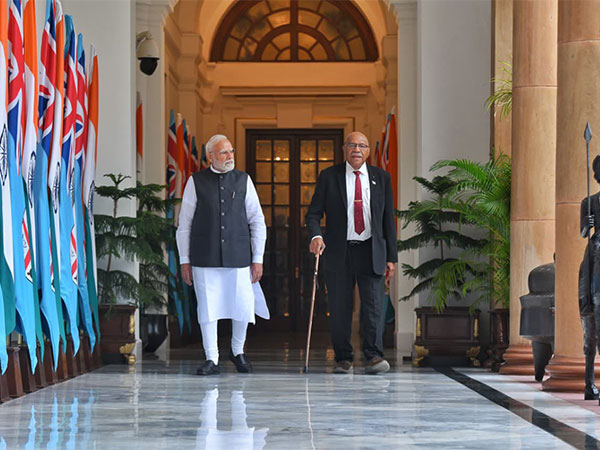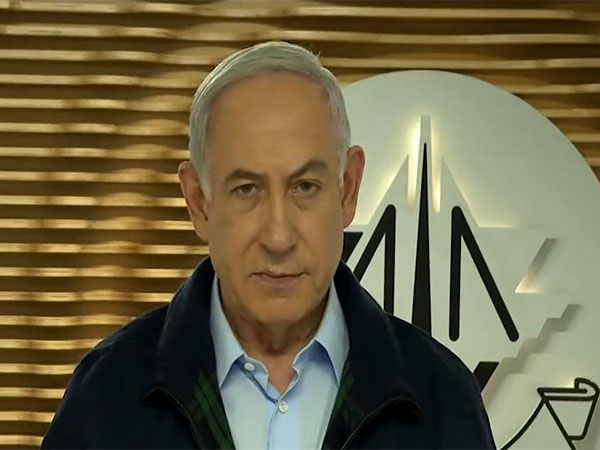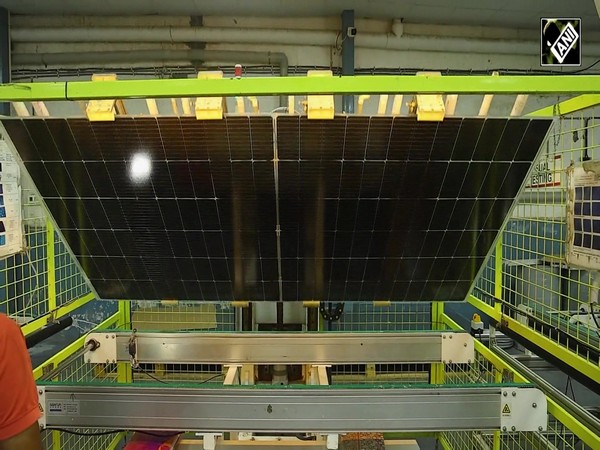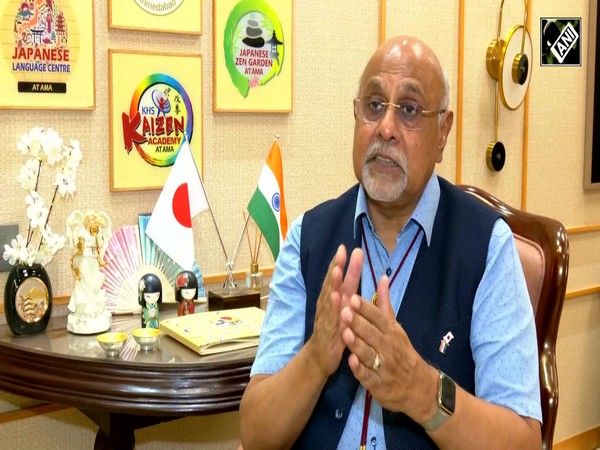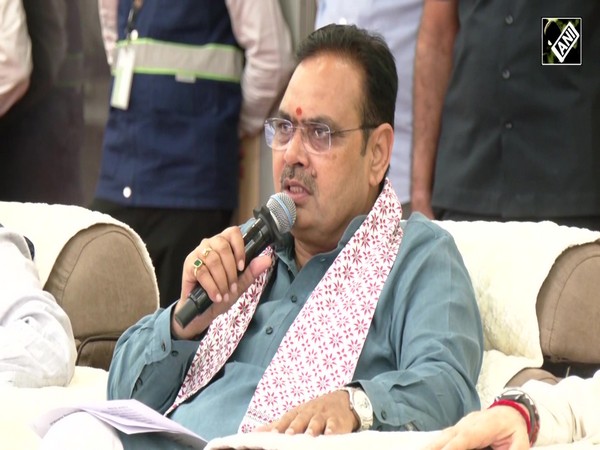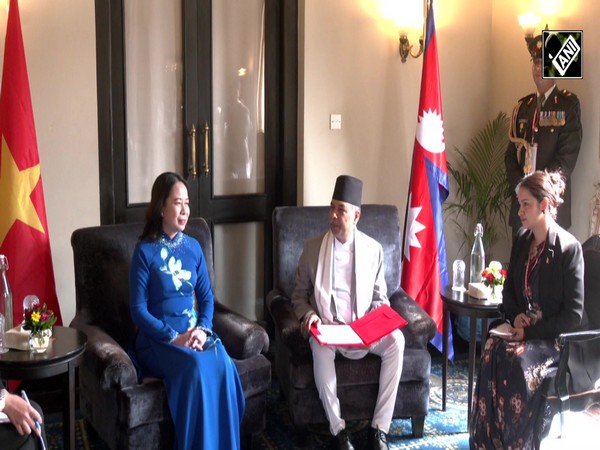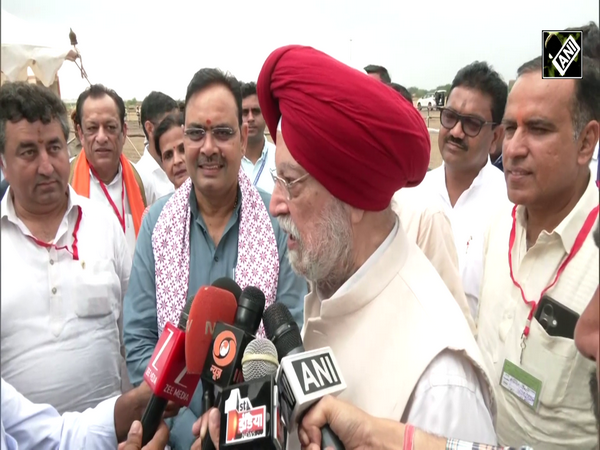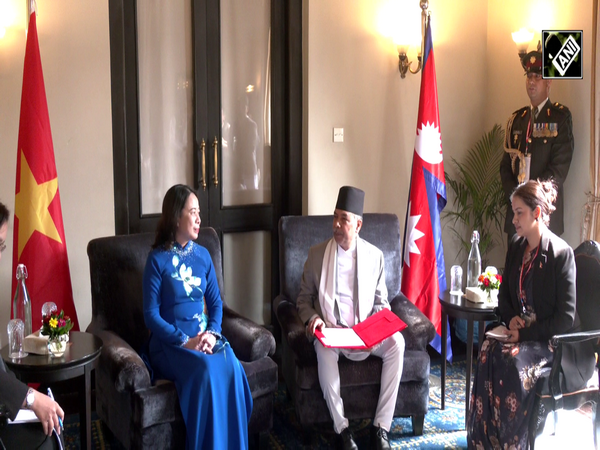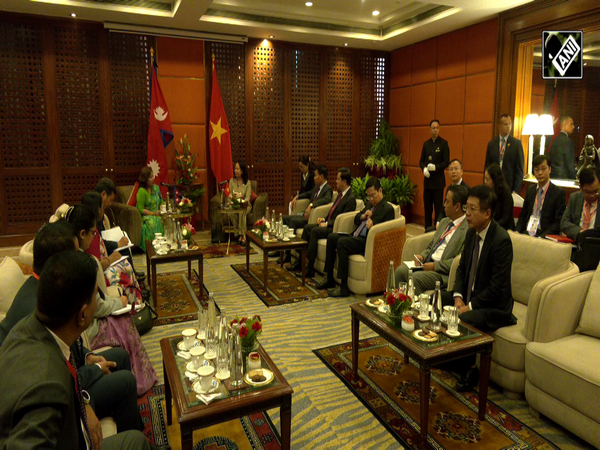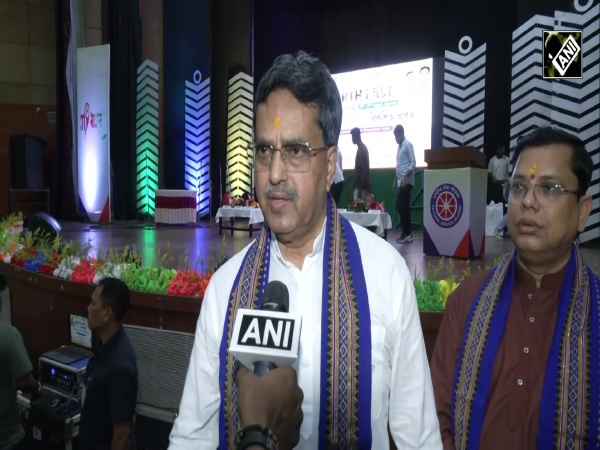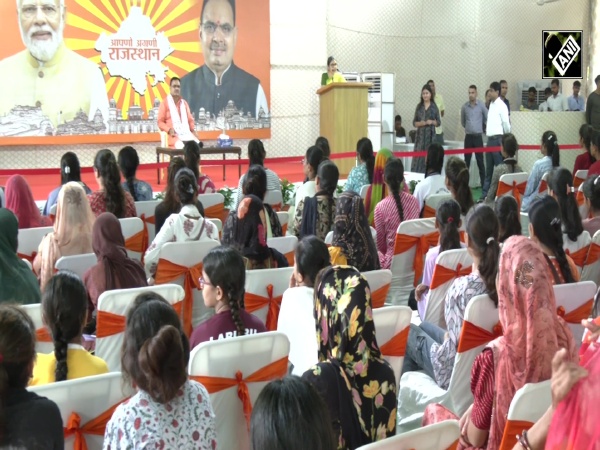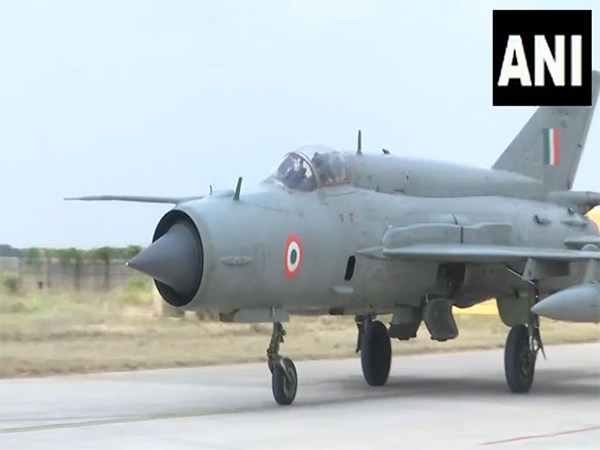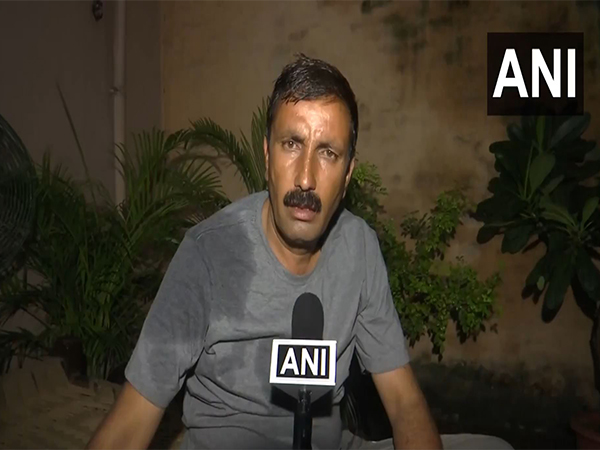
Don't think it will be a full-fledged war, says ex Pentagon official Rubin
Jun 22, 2025
Washington, DC [USA], June 22 : Former Pentagon official Michael Rubin stated that the recent escalation in the Israel-Iran conflict, following US airstrikes on key Iranian nuclear facilities, is unlikely to develop into a 'full-fledged war'.
His comments come in the wake of recent US airstrikes targeting three key Iranian nuclear facilities, including Fordow, Iran's main enrichment location for uranium enrichment to 60 per cent.
"I don't think it will be a full-fledged war. I suspect the Europeans, the United Nations, and maybe even Donald Trump himself are going to try to offer Iran an off-ramp to stand down, and again, Donald Trump has made clear that it's not the US's desire to decapitate Iran's leadership. While the Israelis may want to get rid of Supreme Leader Ali Khamenei and have regime change, the United States' policy is not to do that. In fact, the United States wants to keep Ayatollah Khamenei alive. If for no other reason, then if there is a formal surrender, they want someone to sign the surrender and turn over power to a provisional authority so that no vacuum comes to exist..." Rubin told ANI.
Commenting on Pakistan's nomination of US President Donald Trump for the Nobel Peace Prize, Rubin suggested that the United States provide incentives to Pakistan when it serves its interests, but withdraws them once those needs no longer exist.
"...There is a pattern in American-Pakistani relations where we will offer Pakistan incentives when we need them, and as soon as we stop needing them, then we stop being so generous," former Pentagon official said.
"It's likely that some of the US operation was discussed with Asim Munir, maybe not in detail, but maybe something to the effect of passing some messages to Iran or talking about the possibility of overflights... In 2003, when we started the Iraq War, we made a similar deal, ironically with Iran itself, that American planes could land on Iranian airfields... There is a pattern in American-Pakistani relations where we will offer Pakistan incentives when we need them, and as soon as we stop needing them, we stop being so generous. It wouldn't surprise me to see that pattern repeat here," he further added.
After Northrop Grumman-made B-2 Spirit bombers struck nuclear facilities in Natanz, Isfahan and Fordow, Trump, in his first public remarks, warned that he could order further action if Tehran does not agree to a satisfactory peace agreement.
In his address to the nation from the White House on Saturday (local time), Trump said, "There will be either peace or there will be tragedy for Iran, far greater than we've witnessed over the last eight days."
In a Truth Social post, Trump said, "This cannot continue. There will be either peace or there will be a tragedy for Iran far greater than we have witnessed over the last eight days. Remember, there are many targets left. Tonight's was the most difficult of them all, by far, and perhaps the most lethal. But if peace does not come quickly, we will go after those other targets with precision, speed and skill."
Trump also thanked Israeli Prime Minister Benjamin Netanyahu and said, "I want to thank Prime Minister Bibi Netanyahu. We worked as a team like perhaps no team has ever worked before, and we've gone a long way to erasing this horrible threat to Israel.
He went on to praise the military minds involved in the operation.
"I want to thank the Israeli military for the wonderful job they've done and, most importantly, I want to congratulate great American patriots who flew those magnificent machines tonight and all of the United States' military on an operation the likes of which the world has not seen in many, many decades. Hopefully, we will no longer need their services in this capacity. I hope so."
Top brass of the American political leadership stood beside Trump as he delivered the remarks: Vice President JD Vance, Secretary of State Marco Rubio, and Secretary of Defence Pete Hegseth.

